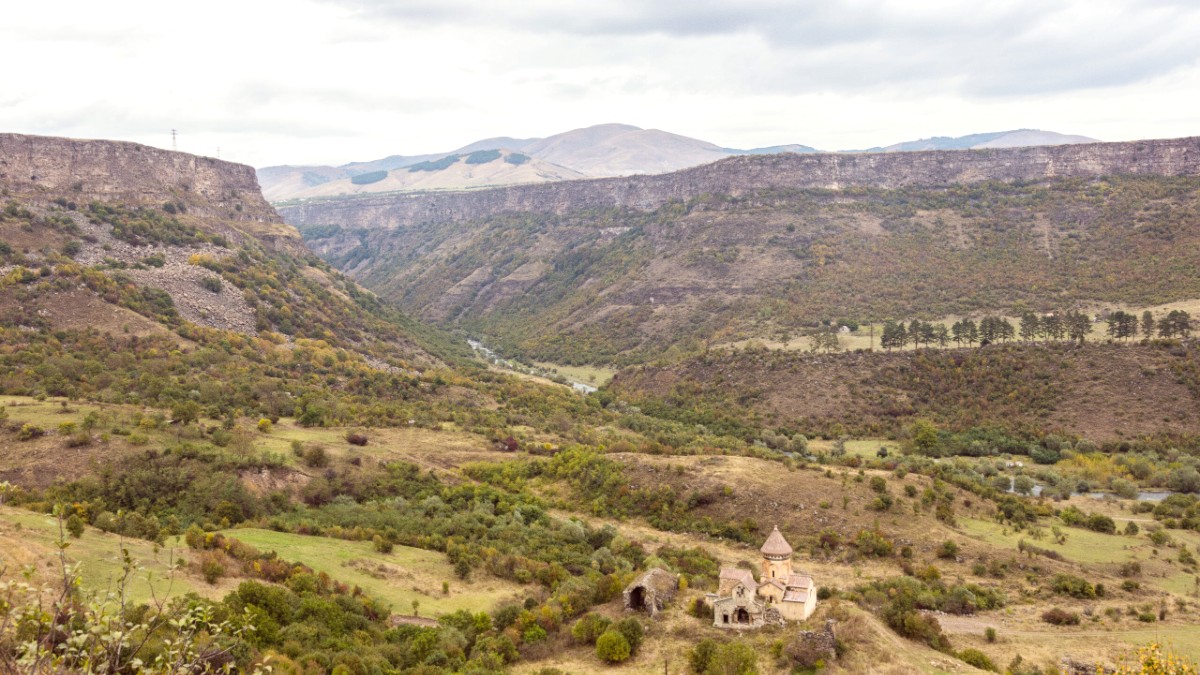
Dry Season (May to October): This period brings cooler, drier, and less humid conditions. Temperatures typically range from 20°C to 28°C (68°F to 82°F). Many consider this the most pleasant time for a visit, bringing comfortable weather for outdoor activities.
Wet Season (November to April): Conditions become hotter and more humid, with frequent and heavy rainfall, specifically from January to March. Temperatures range from 25°C to 35°C (77°F to 95°F). This season brings lush green landscapes but travel challenges.
Specific activities find ideal conditions during certain times of the year.
Diving and Snorkeling: May to November for visibility. Hiking (Mount Karthala): Dry season (June to September) for clearer trails. Beach activities: Dry season for sunshine. Whale watching: August to November around Mohéli.
Heavy Rain, Humidity, Cyclone Risk
Lower prices, fewer crowds, lush landscapes.
High humidity, frequent heavy rainfall, potential cyclone disruption.
Mild Transition
Good weather persists, fewer tourists than peak season, better prices.
Occasional brief showers possible, especially at season edges.
Peak Comfort
Optimal weather for all activities, lower humidity, clear views.
Higher accommodation and flight prices, slightly more tourists.
Most nationalities need a visa for Comoros. Travelers from many countries obtain a visa on arrival at Prince Said Ibrahim International Airport in Moroni, valid for up to 45 days. This needs a form, valid passport, and payment. Some nationalities obtain a visa in advance from a Comorian embassy or consulate.
A passport with six months' validity and two blank pages, return or onward ticket proof, and accommodation confirmation. Passport-sized photos may be needed. Officials may ask for proof of funds. No specific permits needed for general tourism.
At least 6 months beyond departure, two blank pages.
Proof of departure from Comoros.
Confirmation of hotel booking or invitation letter.
Typically around €50, verify current cost. Services like IVisa and VisaHQ assist with applications.
Needed if arriving from high-risk countries.
Awareness of potential risks and preparation minimizes issues. Comoros is generally safe for tourists.
Healthcare facilities in Comoros are basic, especially outside Moroni. Moroni has a national hospital, El Maarouf Hospital, and smaller clinics are present on other islands.
Malaria, Dengue Fever, and Traveler's Diarrhea are common. Sunburn and heatstroke also pose risks.
Maximizing your budget and maintaining hygiene are important for a seamless trip.